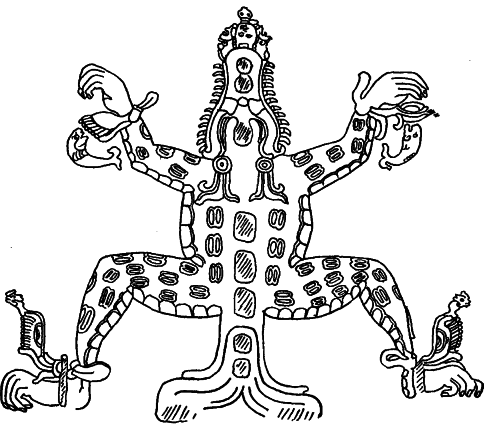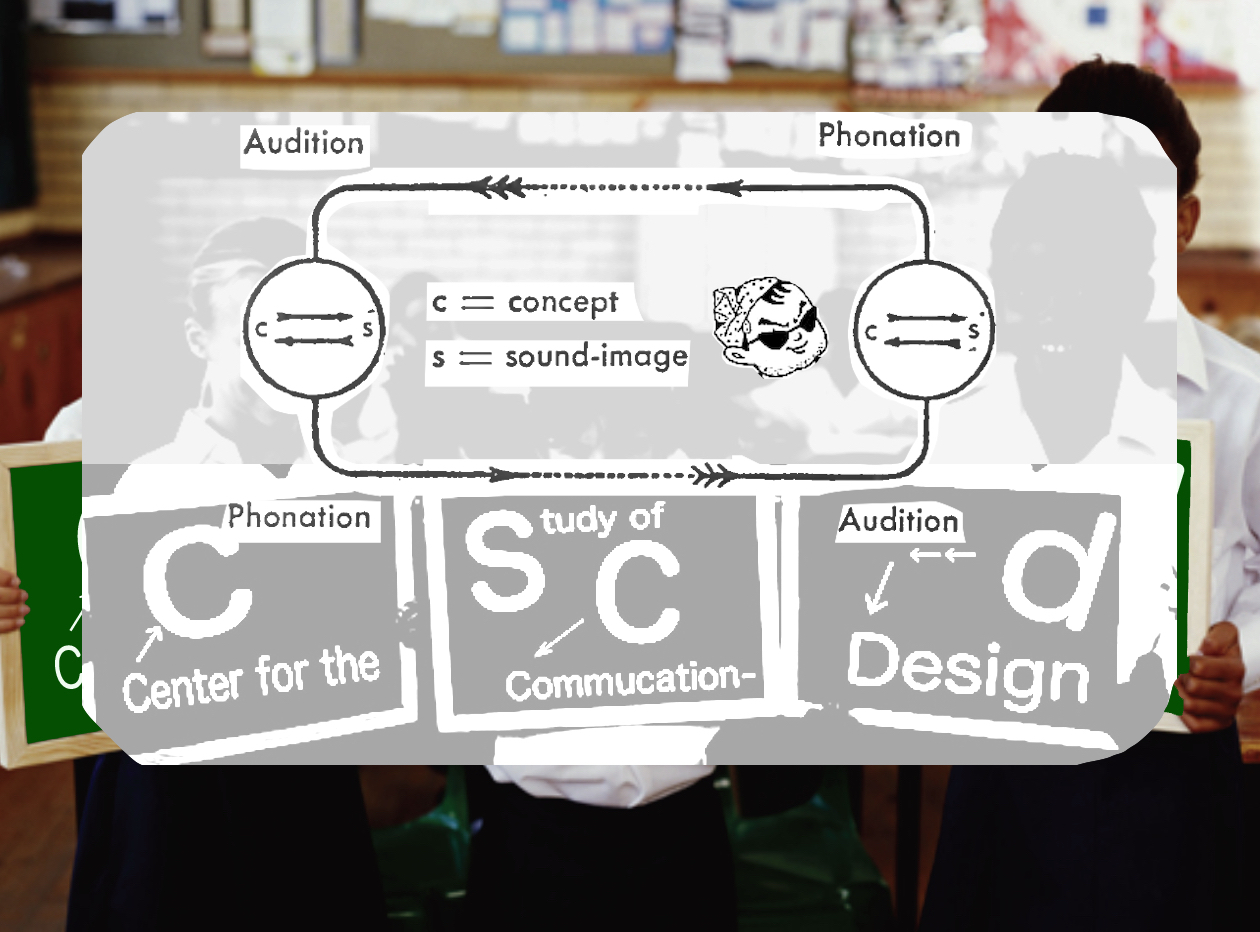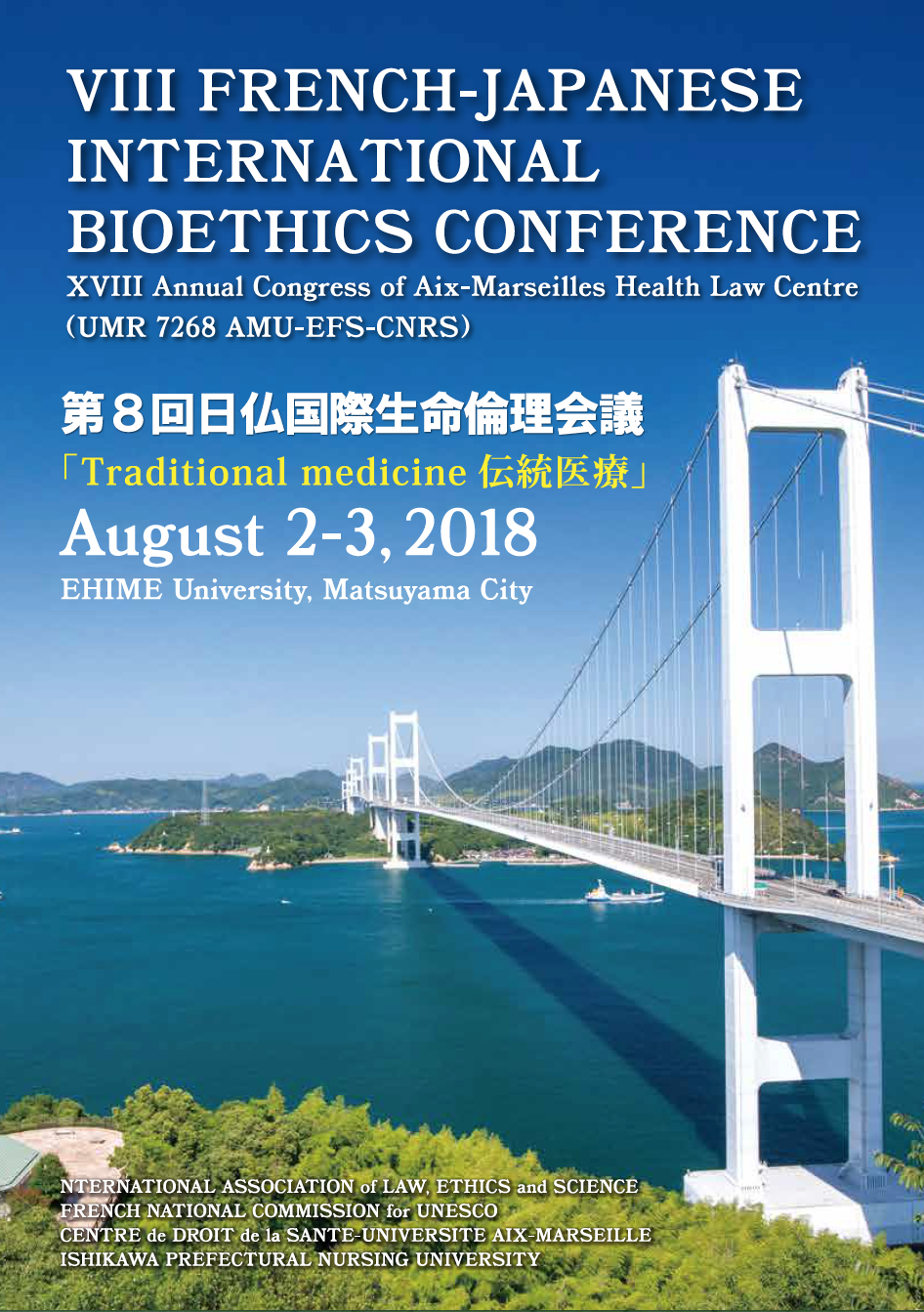Read_first
The
Mayan Traditional Medicine: Theories and Ethics [full paper]

Mitzub'ixi Quq Chi'j
Resume:
Paradoxically speaking it is clear that the tradition of
“traditional medicine” is not traditional but inventive. In the
entropic discourse in which any kind of traditional things has fate of
disappearing in future, we can find easily that traditional entity has
authenticity. We can figure out this type of characteristics of the
traditional medicine in modern ethnographic writings. I will show first
the Maya Medicine as both traditional and modern practices in the
Mesoamerica, a cultural area from southern Mexico to western Honduras
and northern El Salvador. Two representative concepts, holism and
cosmology of life and death can be characterized throughout data. On
the one side the Maya is similar with and the other side is also
different from the other traditional societies. I will present the
example of the influence from long term colonialism by European
particularly Spanish. The characteristic of new world traditional
medicine has not only genuine authentic tradition but also colonial
tradition, and the interaction process between two culture, that we can
suggest the hybrid nature. Second the postcolonial experience on the
Mayan is also very important to think on actuality of the Maya
medicine. For long time many western historians and ethnographers have
collected ethnomedical data from long term research tradition through
the conquest and the evangelization. But today the Maya themselves can
reconstruct and reuse their own traditional medical knowledge for their
health, that can be described as the repatriation of traditional
knowledge under the world scenery of the UNDRIPS, the United Nations
Declaration on the Rights of Indigenous Peoples that was adopted in
2007. This is not revitalization nor invention of traditional medicine,
but a kind of identification of their own medicine. Can be the medicine
identification tool for the people? Finally I propose that to discuss
on ethical nature of the traditional medicine would be to think
historically on people’s appropriation to their medicine.
- 1. What is the Mayan Traditional Medicine?
- 2. Essentialism and Constructionism in Mayan Medicine
- 3. Historical Constructionism of Maya Medicine
- 4. Characteristics of Etiology in Maya Medicine
- 5. Body and Soul Concepts on Maya Medicine
- 6. Conclusion: The future of Maya Medicine trajects to the Past
and the Present of Maya Medicine
1.
What is the Mayan Traditional Medicine?
2.
Essentialism and Constructionism in Mayan Medicine
3.
Historical Constructionism of Maya Medicine
4.
Characteristics of Etiology in Maya Medicine
5.
Body and Soul Concepts on Maya Medicine
6.
Conclusion: The future of Maya Medicine trajects to the Past and the
Present of Maya Medicine
Links
Bibliography
- Adams, R.N.,1952 Un analisis de las creencias y practicas
medicas en un pueblo indigena de Guatemala. Guatemala: Editorial del
Ministerio de Educacion Publica.
- Adams, R.N. and A. Rubel, 1967* Sickness and Social Relations.
In "Handbook of Middle American Indians." R. Wauchope ed. Pp.333-355.
Austin: University of Texas Press.
- Annis, Sheldon, 1987 God and Production in a Guatemalan town.
Austin: University of Texas Press.
- Berlin, Elois A. and Brent Berlin 1996* Medical Ethnobiology of
the Highland Maya of Chiapas, Mexico: Gastrointestinal Disease.
Princeton,N.J.: Princeton University Press.
- Berlin, Elois A., Brent Berlin and John R. Stepp, 2004 Maya of
Highland Mexico. In Encyclopedia of Medical Anthropology. vol.2;
Cultures, Carol R. Ember and Melvin Ember eds., Pp. 838-849, New York:
Kluwer Academic/ Plenum Publishers.
- Cosminsky, Sheila 1983 Medical Pluralism in Mesoamerica. In
Kendall, C., J. Howkins and L. Bossen (eds.), Pp.159-173.
- Douglas, B. 1969 Illness and curing in Santiago Atitlan, A
Tzutujil-Maya community in the southwestern highlands of Guatemala.
Ph.D. Dissertation, Anthropology, Stanford University.
- Fabrega, Horacio Jr. and Daniel B. Silver 1973* Illness and
Shamanistic Curing in Zinacantan: An Ethnomedical Analysis. Stanford:
Stanford University Press.
- Foster, George M., 1994 Hippocrates' Latin American legacy :
humoral medicine in the New World Langhorne, Pennsylvania : Gordon and
Breach.
- Foster, George M., 1976 Disease etiologies in Nonwestern
Medical Systems. American Anthropologist 78(4):773-782.
- Guerra,F., 1964 Maya Medicine. Medical History, 8:31-43.
- Holland,W., 1963 Medicina Maya en los altos de Chiapas:Un
estudio del cambio socio-cultural. Mexico,D.F.: Instituto Nacional
Indigenista.
- Hostnig, Rainer U. , Rosanna Hostnig and Luis Vasquez V. 1998
Etnobotanica Mam. Quetzaltenango, Guatemala: GTZ/BmfaA/DK-GRAZ/IIZ
(GRAZ , Government of Austria).
- INI (Institute Nacional Indigenista) Online Chapter 5.
Demography
http://www.ini.gob.mx/perfiles/nacional/english/05_demography.html
(March 10, 2004)
- Kendall, Carl, J. Howkins and L. Bossen eds.1983 Heritage
of Conquest: Thirty years later. Albuquerque: University of New Mexico
Press.
- Leopoldo, Tzian 1997 Kajlab'aliil Maya'iib' Xuq Mu'siib': Ri
Ub'antajiik Iximuleew ( Mayas y Ladinos en Cifras: El caso de
Guatemala). Guatemala: Cholsamaj.
- Logan, M. 1973 Humoral Medicine in Guatemala and Peasant
Acceptance of Modern Medicine. Human Organization 32:385-95.
- Logan, M. 1977 Anthropological research on the hot/cold theory
of disease : Some methodological considerations. Medical Anthropology
1:87-122.
- Lovell., W. George, 1992 Conquest and survival in colonial
Guatemala : a historical geography of the Cuchumatan highlands,
1500-1821. Montreal : McGill-Queen's University Press.
- Luecke, R.ed.,1993 A New Dawn in Guatemala: Toward a Worldwide
health vision. Prospect Heights, Ill.: Waveland Press.
- Lutz, Christopher H. 1982 Historia sociodemografica de
Santiago de Guatemala, 1541-1773. Antigua, Guatemal: Centro de
Investigaciones Regionales de Mesoamerica (CIRMA).
- Mendez Dominguez, Alfredo 1983* Illness and Medical Theory
among Gualtemalan Indians. In Kendall, C., J. Howkins and L. Bossen
(eds.), Pp.267-298.
- Mark Nichter and Mimi Nichter. 1996 Anthropology and
international health : Asian case studies. Amsterdam : Gordon and
Breach.
- Oakes, Maud, 1951 The Two Crosses of Todos Santos: Survival of
Mayan Religious Ritual. New York: Pantheon Books.
- Orellana, Sandra L. 1987* Indian medicine in Highland
Guatemala: The Pre-Hispanic and Colonial Periods. Albuquerque:
University of New Mexico Press.
- Roys, Ralph L. 1931 The Ethno-Botany of the Maya. New Orleans:
The Department of Middle American Research, Tulane University.
- Tax, Sol ed. 1952 Heritage of Conquest: the ethnology of Middle
America. Glencoe: The Free Press.
- Rubel, Arthur J., Carl W. O'Nell, and Rolando Collado-Ardon
1984 Susto: a folk illness. Berkeley: University of California Press.
- Thompson, J. Eric S., 1970 Maya History and Religion. Norman:
University of Oklahoma Press.
- Villatoro, E. M. ed., 1984 Etnomedicina en Guatemala.
Guatemala: Centro de Estudios Folklo'ricos, Universidad de San Carlos.
Mitzub'ixi Quq Chi'j
Copyright
Mitzub'ixi Quq Chi'j, 2018

Do not paste, but
[Re]Think our message for all undergraduate
students!!!




